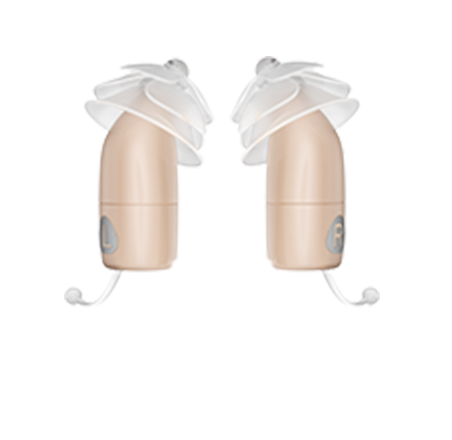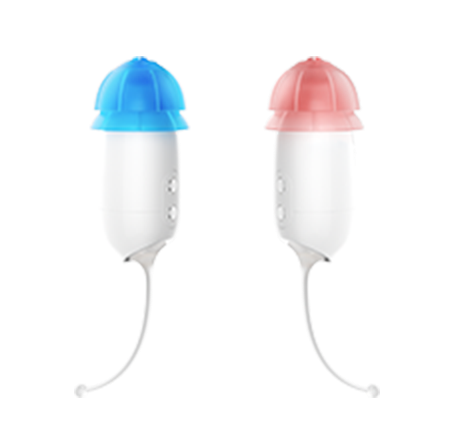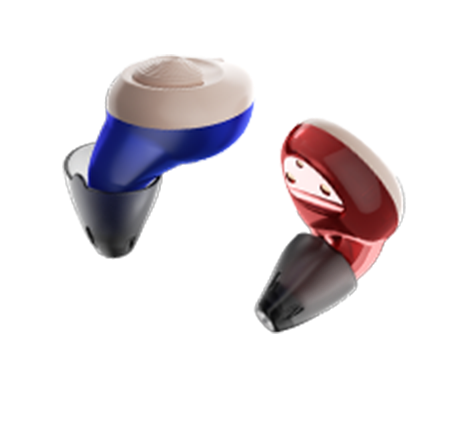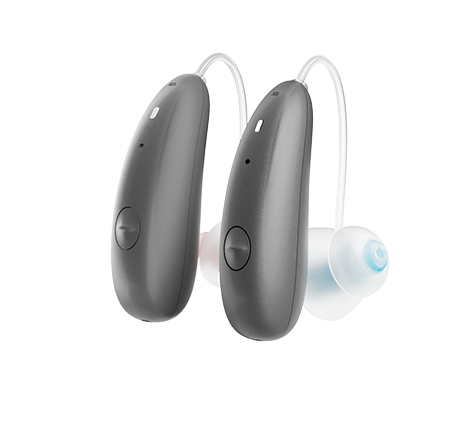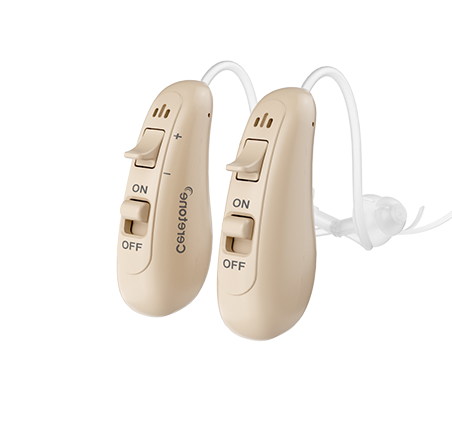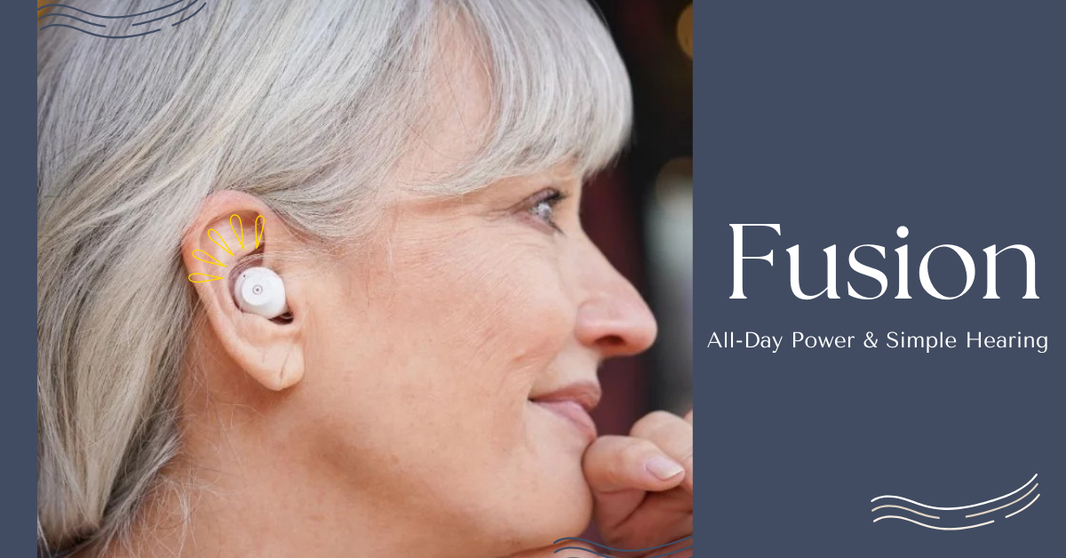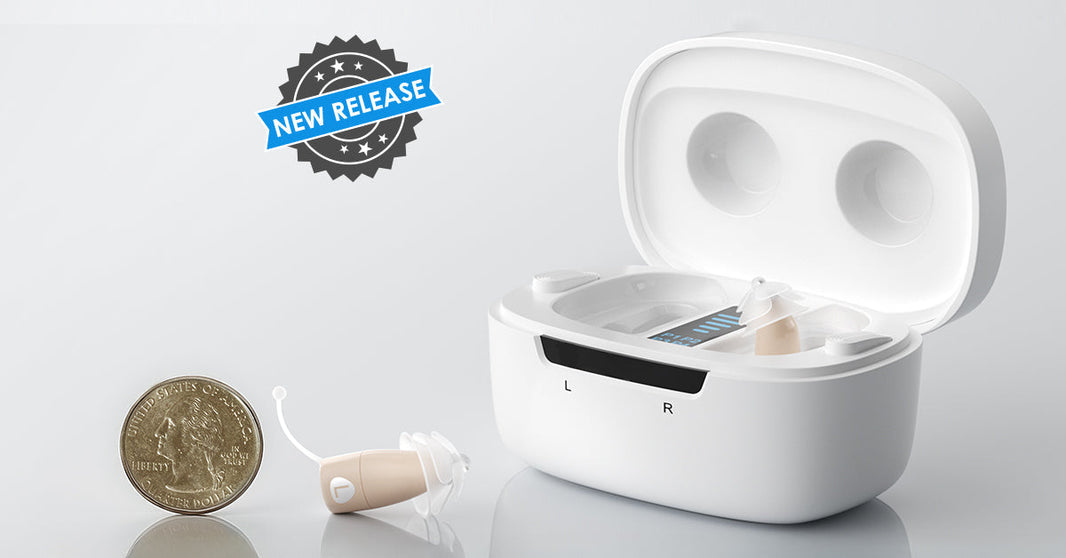
Why Delaying Treatment for Hearing Loss Can Lead to Other Health Issues
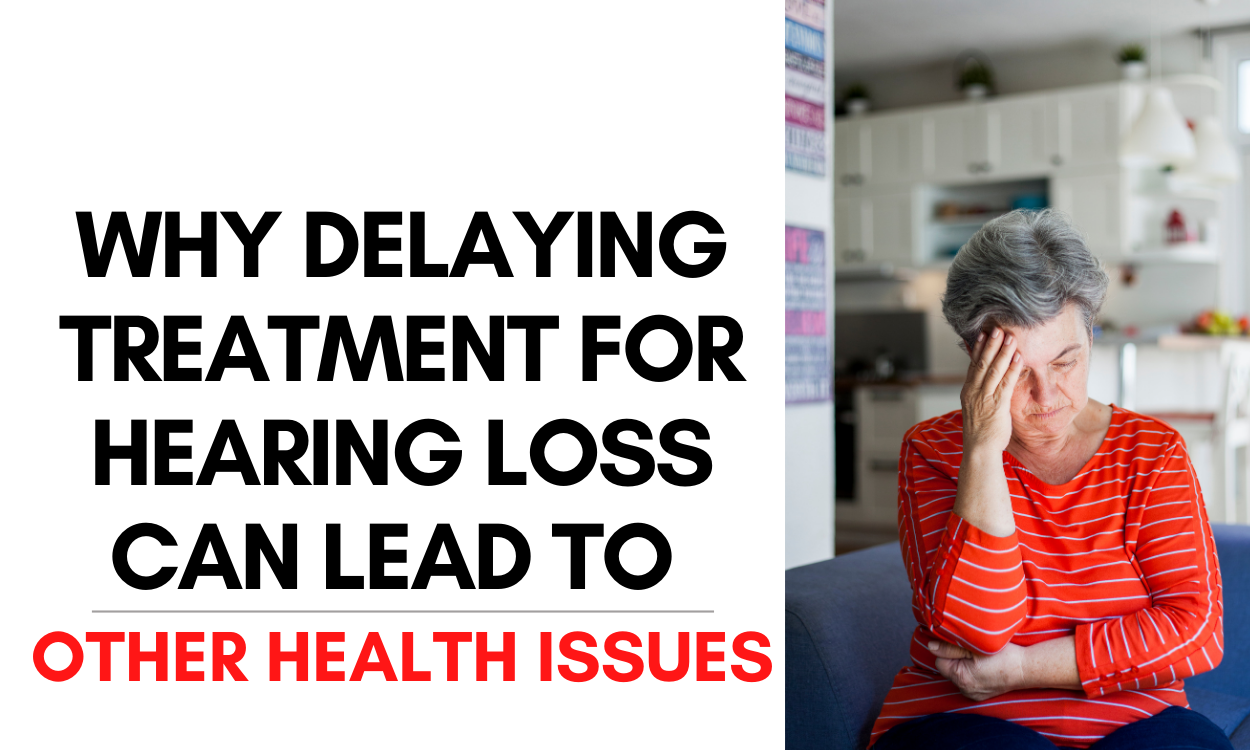
On the surface hearing loss may seem like a condition that only causes some frustration, embarrassment, and minor inconveniences to your life, but is something that can be put off in terms of seeking treatment. You might find that you agree with this sentiment, and you wouldn’t be alone in thinking that way. People generally wait 10 years on average to seek treatment even after being diagnosed with treatable hearing loss, often only until the problem has worsened to an unbearable degree. While this kind of approach is understandable, there are serious reasons why seeking treatment for hearing loss should actually be a top priority. It turns out that our sense of hearing is deeply integral to our overall well-being.
- Auditory Deprivation
Auditory deprivation is just what it sounds like, it’s when your brain is deprived of the sense of hearing. This can happen as a result of untreated hearing loss, and it can actually cause your brain to lose its speech and sound processing ability. What does this mean? The areas of your brain that were originally designated for hearing/processing speech and sound (your auditory cortex and superior, middle, and inferior temporal gyri) will get smaller and less functional, along with your auditory nerves, due to lack of stimulation. In the same way that your muscles atrophy and get smaller when you stop working out/using them, your auditory “muscles” will also atrophy from lack of use. Once auditory deprivation sets in an individual, it becomes much more difficult for them to understand words and process speech. You may hear people talk, but you won’t be able to understand what they’re saying. Seeking hearing aid treatment at this late of a stage, especially after shrinkage of those parts of your brain have already begun to set in, becomes a greater task.
- Anxiety
Hearing loss and the stresses that come with it can trigger severe anxiety and negative thinking in some individuals. Physical symptoms of anxiety include nausea, feeling dizzy, trouble sleeping, muscle tension, difficulty focusing, and restlessness. People suffering anxiety experience a persistent state of stress and excessive worry, and so are unable to fully relax or be productive, which in turn, can cause even greater anxiety. Studies have shown that people diagnosed with hearing loss have a higher chance of developing symptoms of anxiety, while people diagnosed with vision loss do not. Most people are generally able to accept the fact that they may need to start wearing reading glasses at certain point in life. So why should wearing hearing aids be any different? Presbyopia (age-related farsightedness) and Presbycusis (age-related hearing loss) are a natural part of life for many people, but they don’t have to diminish the quality of life for those affected. Is the idea of hearing aids contributing to your anxiety? If you find that you’re still too anxious but know that you are dealing with some level of hearing loss, it might be best to talk to a friend, family member, or healthcare professional about what’s worrying you so that you can get the help that you need.
- Depression
It’s not hard to see why depression might follow hearing loss, as losing hearing can lead to difficulty in communicating, which can lead to isolation, loneliness, and depression. If you’re experiencing hearing loss it’s not uncommon to feel dejected at the thought of social situations where you feel that you won’t be able to properly participate. Research shows a clear link between depression and hearing loss: according to one study in the US based on the National Health and Nutrition Examination Survey (NHANES) from 2005-2010, 11.4% of adults who reported hearing loss experienced moderate to severe depression while 19.1% experienced mild depression. A study conducted in 2019 found that 1 in 5 elderly patients with hearing loss show symptoms of clinical depression. Treating hearing loss will not treat all depression, but it can certainly help avoid depression that is triggered by the isolation and anxiety of hearing loss itself. Research has also shown that hearing aids can improve your health-related quality of life in emotional, psychological, and physical health aspects by helping you hear better and live more socially.
- Cognitive Decline & Dementia
As we get older, the connections between cells in the brain (synapses) accumulate damage and die out completely over time. We may walk into a room and momentarily forget why we went in. Cognitive decline is another normal part of aging, as 15-20% of people age 65 and up experience some mild level of cognitive impairment. However, the normal cognitive decline that comes with aging can develop into a stronger form of cognitive impairment, and eventually worsen to the more severe condition known as dementia. Most of us are familiar with the research that indicates dementia is more common in people with untreated hearing loss - a correlation. However, more recent studies have shown that people with untreated hearing loss tend to develop cognitive decline earlier than people without hearing impairment. This newer finding appears to indicate a causation relationship. This association makes sense because leaving hearing loss untreated can lead to shrinkage of the brain, as discussed above. So it’s not surprising that overall cognitive decline (or acceleration) would follow. We don’t yet know if hearing aids can reverse cognitive decline, but there have been studies that show hearing aids do appear to delay the onset of dementia, depression, Alzheimer’s, anxiety, and fall injuries in older adults with hearing loss.
Sensorineural hearing loss (hearing loss due to inner ear damage) is typically permanent, but that doesn’t mean you should delay seeking treatment. Getting help might be scary at first, but when left untreated, hearing loss can lead to much greater negative impacts on health and quality of life. Feeling anxiety and depression over hearing loss or the thought of getting hearing aids is quite understandable. However, these conditions may only worsen with delayed treatment. In addition, development of auditory deprivation and earlier onset of cognitive decline are very possible. In conclusion, it’s best to seek treatment sooner rather than later as delaying it comes with all these additional serious health risks. If you feel that you might be suffering the onset of hearing loss or if you know that you have been experiencing it, don’t wait any longer to get help. Start by getting a medical evaluation and proper diagnosis from your primary healthcare provider. Hearing aids are one great potential solution for treatment, find out from your doctor if they are right for you. These days hearing aids are more advanced, affordable, and accessible than ever before, there are all different types you can choose from online. Getting hearing aids has never been easier, so don’t wait any longer to seek treatment for your hearing loss now that you know how much it can benefit you!
